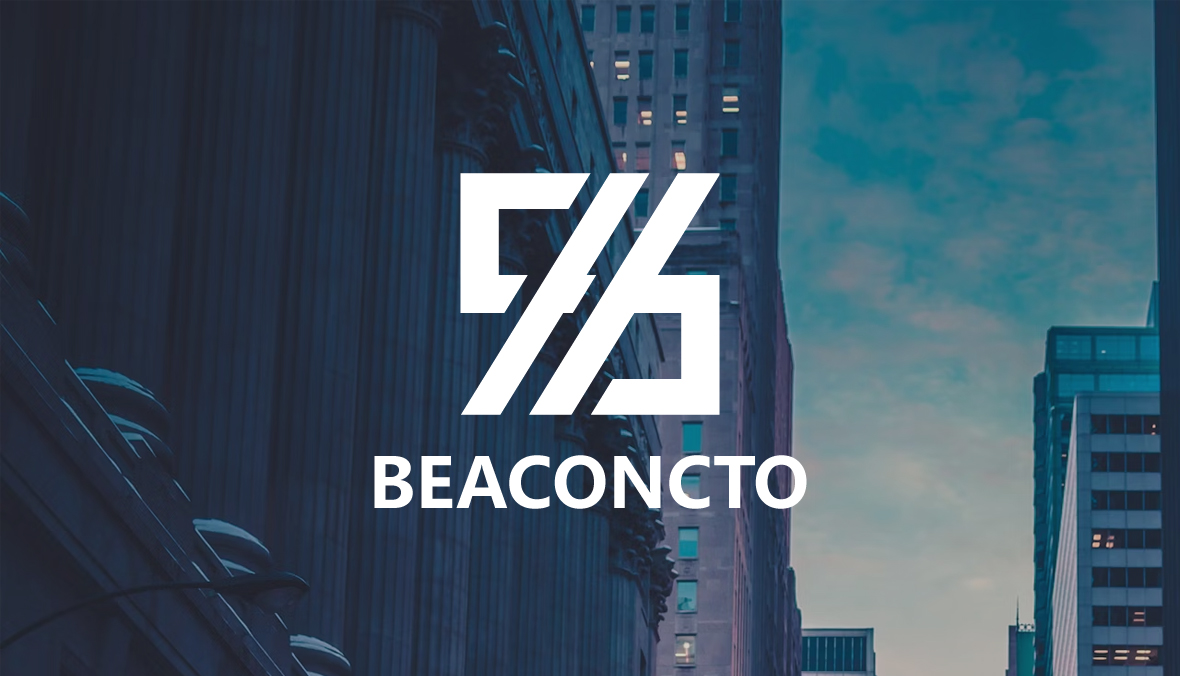Cryptocurrency exchanges allow you to buy, sell, and trade cryptocurrencies like Bitcoin and Ethereum. To start using them, you simply need to create an account and deposit funds. When you place an order to buy or sell cryptocurrency:
A DEX matches your order with an opposite order from another user and executes the trade by transferring the cryptocurrency from the seller’s account to the buyer’s account.
For a CEX the process is similar, but if there are no matching orders, it will facilitate the trade through other mechanisms.
This process usually happens instantly, especially on centralized exchanges. Additionally, cryptocurrency exchanges often provide you with a Web3 wallet to store your cryptocurrencies. These platforms use security measures such as encryption, two-factor authentication (2FA), and cold storage to protect your funds from hacking and unauthorized access. In return, cryptocurrency trading platforms may charge fees for executing trades, depositing or withdrawing funds, or accessing certain features.
Cryptocurrency exchange fees
Cryptocurrency exchanges charge various fees for their services, including trading fees, withdrawal fees, and other account-related fees. Let’s take a closer look.

Trading fees
When you buy, sell, or trade cryptocurrency, the exchange may charge a trading fee. These fees vary by exchange and can be calculated in different ways, such as a percentage of the trade amount or a fixed amount per trade. For example:
If an exchange charges a 0.1% fee on purchases and you buy $100 worth of Bitcoin, you will pay a $0.10 fee. If you buy $1,000 worth, you will pay a $1 fee.
If a platform charges a flat fee of $0.99, you will pay the same fee regardless of whether you buy $100 or $1,000 worth of BTC.
Flat fees are less common. Most cryptocurrency trading platforms charge tiered percentage fees based on whether you are adding liquidity to the market (e.g., selling) or taking liquidity away (e.g., buying), as well as your trading volume.
Fees for cryptocurrency futures trading and leveraged trading are usually lower than those for spot trading, but they are also charged on a tiered basis. They vary based on other factors, such as the level of leverage used in the trade.
Withdrawal fees
Some cryptocurrency exchanges charge withdrawal fees when you withdraw fiat currency or cryptocurrency. The fee for withdrawing fiat currency depends on the withdrawal method—bank transfers are typically free, but wire transfers or payments to credit/debit cards are not. Expect to pay between $10 and $25 per withdrawal using these methods. For cryptocurrencies, withdrawal fees depend on the type of cryptocurrency being withdrawn. In addition to the exchange’s withdrawal fees, you will also need to pay blockchain gas fees to transfer tokens to another wallet. These fees are usually small but vary depending on the blockchain.
Other fees
Most cryptocurrency exchanges do not charge additional fees. However, some platforms may charge custody fees for holding your crypto assets or deposit fees for payment methods like wire transfers.
Disclaimer: The copyright of this article belongs to the original author. Reposting this article is solely for the purpose of information dissemination and does not constitute any investment advice. If there is any infringement, please contact us immediately. We will make corrections or deletions as necessary. Thank you.





